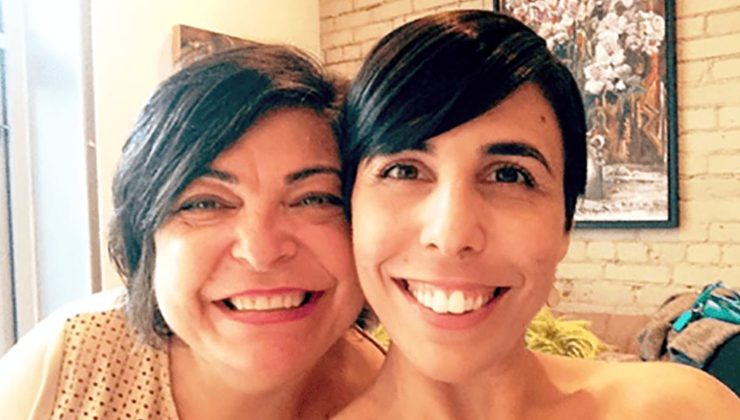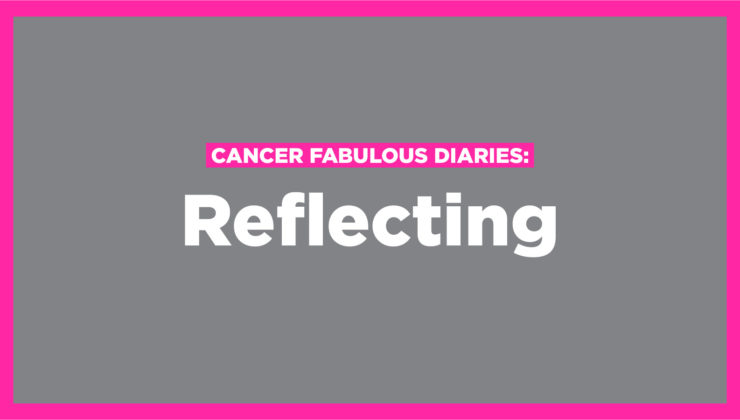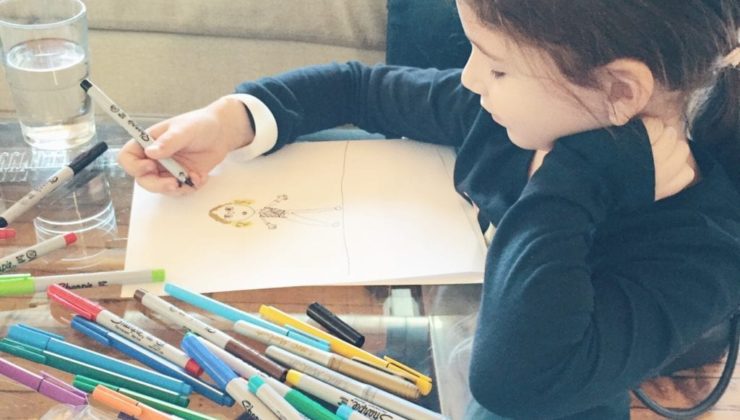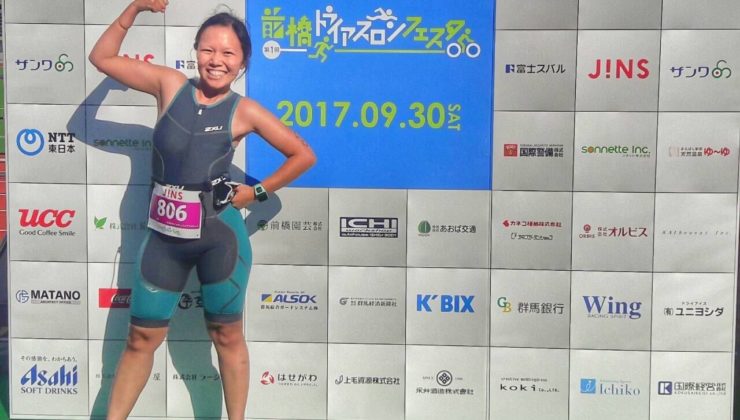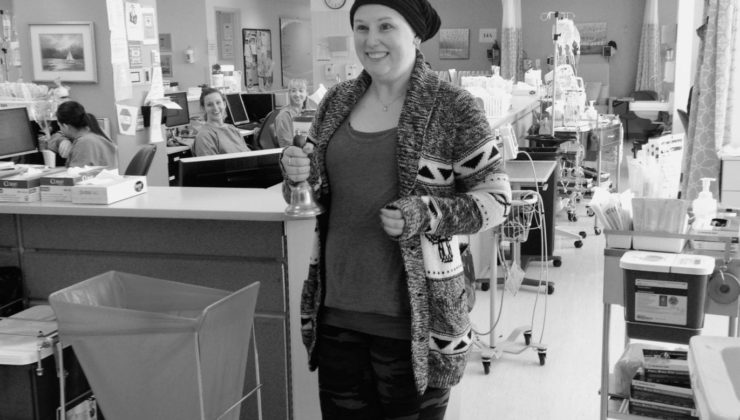
The Noticing
November 21, 2023
Is there a time when your new body feels good enough, when the longing for better or the desire to draw closer to your old shape stops calling?
Four years post-bilateral mastectomy with DIEP reconstruction and I still ask myself this question most days.
I lived with one breast for a year. I wanted a bilateral mastectomy right away but was denied as the doctor worried that if I got an infection on the non-cancer side it would delay my radiation. So, I lived flat on the left for that year, desperately awaiting the one-year post-op mark when the plastic surgeon deemed it appropriate to proceed with the reconstruction, and subsequent right mastectomy.
I was convinced that after this surgery I would feel whole again…
Until I didn’t.
DEIP is a complex surgery. I ended up with one breast that sat much lower than the other. After much debate, I convinced the surgeon to do a second phase on the reconstruction in hopes he would level them out. He agreed, begrudgingly.
I was convinced that after this surgery I would feel whole again…
Until I didn’t.
My new breasts were now, mostly, level. As DIEP takes skin and fat from your stomach, it changes the shape of your hips, creating what many who have lived through this call “Sponge Bob hips”. A satirical way of describing my now square hips. I had discussed this with my plastic surgeon who said liposuction was an option, but it would be expensive. I was not interested in paying for anything cancer surgery had done to my body. I researched other solutions and spoke to a plastic surgeon friend. He recommended a machine that sort of freezes the fat away. My commitment to not paying fell away, and I decided to try this.
I was convinced after this treatment I would feel whole again…
Until I didn’t.
I did one treatment. It worked a bit but made one end of my scar protrude. My abdominal scar runs from one hip bone to the other. About three months after my initial surgery, I developed this sinusoidal red line that runs through the scar. The initial surgeon said it was the dissolvable suture. It would go away; it did not. I consulted another surgeon. He said he had never seen anything like this before and had no idea what it was. He offered to redo the scar. More surgery. I agreed.
I got a call eight months later to offer me surgery two weeks from the call. I accepted.

Then I called back two hours later and declined.
Was this my moment of acceptance? I’m not sure. I think I just decided that I didn’t want to physically recover anymore. And that has nothing to do with the pain of surgery. Every cut has the opportunity for complication. No cut, as I’ve learned over and over, guarantees happiness.
One of my breasts is starting to fall again. The radiated one won’t ever move. The resulting skin tightness from radiation ensures that. I think there might come a time that I want it leveled out, but this time it won’t be with the expectation that this change will change my mindset. My body shape is not an extension of the state of my mind.
And maybe that’s it. Giving ourselves grace to do what we need for ourselves when we need it, without the judgment that we are superficial or wrongly focused. I think everyone’s barometer for what is good enough is different, as good is a very subjective term. And that goal post likely moves over time.
Four years out, I decided on that day in my office that I didn’t want more surgery, for now. But that might change again and that’s OK. Only I can make that choice for myself.
I remember when the initial plastic surgeon didn’t want to even try to level the breasts out. He thought it was good enough… for him.
As we navigate life with breast cancer scars, both physical and emotional, please let no one, other than yourself, tell you what is good enough.
I generally hate the term journey when it refers to anything cancer related, but I do identify with the word when it comes to my post cancer body. There are days when I still get angry about it, when I turn away from the scars and imperfections and there are days that I am embrace them, or more commonly, don’t think about them.
This brings me back to my initial question — is there a time when the noticing goes away? I think the answer is no. What judgments comes with the noticing might change, as they do from me now. Louder some days, quieter the next.
I commit to myself to accept the observations with love, to thank that voice for reminding me how far my body and I have come together. Then I will release that thought for the time, until it will surely resurface to once again be met with love, acceptance, and growth. — Beth Ciavaglia


